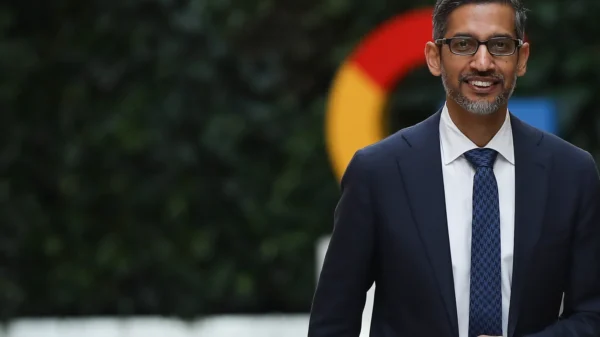John Mahama Wins Ghanaian Presidency for Second Non-Consecutive Term
John Mahama, the leader of the National Democratic Congress (NDC), has been elected as Ghana’s president for a second non-consecutive term. His victory comes at a critical time for the nation, which is grappling with significant economic challenges. The election results mark Mahama’s return to power after previously serving as president from 2012 to 2017.
A Resounding Victory for the NDC
Mahama’s win reflects a strong resurgence for the NDC, which successfully mobilized voters across the country with a campaign focused on economic recovery and inclusive governance. Analysts attribute his victory to widespread dissatisfaction with the previous administration’s handling of the economy and Mahama’s appeal as an experienced leader capable of addressing Ghana’s pressing issues.
Economic Challenges at the Forefront
Ghana’s economic difficulties were central to the election, with high inflation, currency depreciation, and public debt dominating voter concerns. Mahama has pledged to prioritize economic reforms, restore investor confidence, and implement social programs to alleviate poverty. His campaign emphasized the need for fiscal discipline and policies aimed at fostering sustainable growth.
Focus on Youth and Job Creation
A key element of Mahama’s platform was his commitment to addressing youth unemployment, a growing concern in Ghana. He has promised to invest in skills development, entrepreneurship, and sectors such as agriculture and technology to create job opportunities. This focus resonated with younger voters, who turned out in significant numbers to support his candidacy.
Challenges of a Divided Parliament
Mahama’s presidency will face the challenge of navigating a divided parliament, where his party does not hold a clear majority. This political dynamic is expected to require greater collaboration and negotiation to pass key legislation. Observers note that his ability to build consensus will be crucial in achieving his policy goals and maintaining political stability.
International Reactions and Regional Implications
The international community has welcomed Mahama’s election, with leaders and organizations expressing optimism about his potential to strengthen Ghana’s democracy and address its economic challenges. As a regional leader, Ghana’s stability and growth under Mahama’s leadership could have positive implications for West Africa, particularly in fostering trade and cooperation.
A Return to Power with Renewed Mandate
Mahama’s return to the presidency signifies a renewed mandate from the Ghanaian people to tackle the nation’s challenges head-on. His experience as a former president and statesman positions him uniquely to address Ghana’s complex issues, from economic recovery to social development. The expectations are high as he prepares to take office.
Strengthening Ghana’s Global Partnerships
As president, Mahama is expected to strengthen Ghana’s global partnerships to attract foreign investment and support economic recovery. He has emphasized the importance of collaborating with international organizations, donor agencies, and private investors to finance critical infrastructure projects and social programs. By leveraging Ghana’s position as a stable democracy in West Africa, Mahama aims to boost the nation’s profile on the global stage and foster long-term economic resilience.
Conclusion: A New Chapter for Ghana
John Mahama’s election as Ghana’s president marks a new chapter in the country’s history, offering an opportunity to address pressing economic and social challenges. With a focus on reforms and inclusive growth, Mahama’s leadership will be closely watched as Ghanaians look to him to deliver on his promises and guide the nation toward a more prosperous future.



































